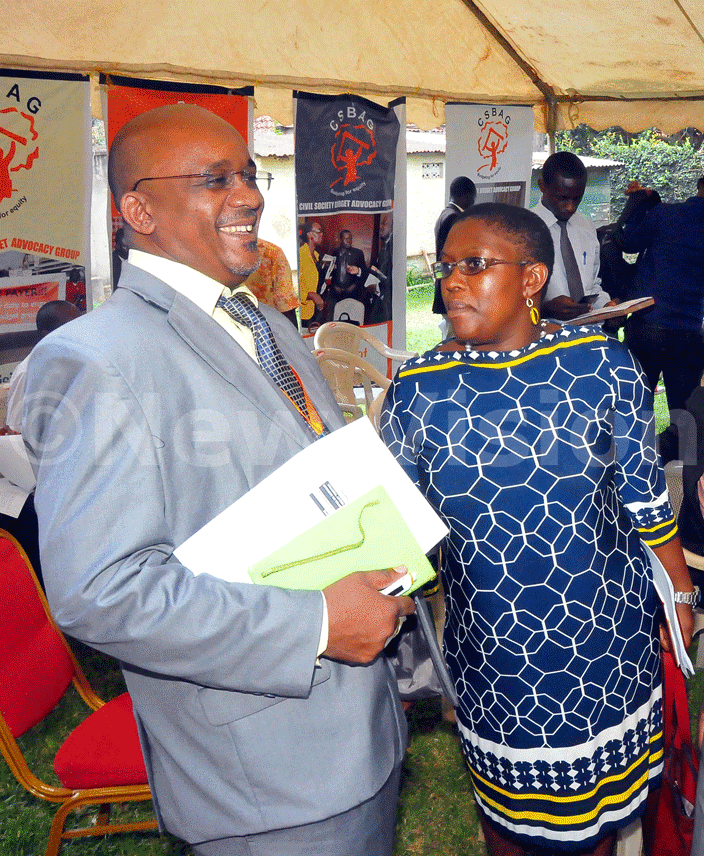Uganda's debt worries civil society organisations
In 2014, a report from the Parliamentary Committee on National Economy revealed that Uganda’s debt had risen to Sh14.5 trillion while the World Bank’s latest statistics of 2013 show that Uganda’s External Debt was at Sh13.7 trillion.
Civil society organisations have expressed concern over the country's increasing debt burden saying repaying it will be become unsustainable.
They argued that Uganda risks becoming a highly indebted poor country (HIPC) if it continues with public debts on stock to run the country.
In 2014, a report from the Parliamentary Committee on National Economy revealed that Uganda's debt had risen to Sh14.5 trillion.
While the World Bank's latest statistics of 2013 show that Uganda's External Debt was at Sh13.7 trillion.
"Over the last five years, government has spent sh4,009 bn on the financing of both domestic and external debts by the end of 2015, the total public debts stock was sh22.493.2bn an increase from 2014.The domestic debt increased by 20.2 % while the shilling value of the external debt increased by 13.5 %."
This was contained in a speech read out by the Coordinator of the Civil Society Advocacy Group (CSBAG) Julius Mukunda during a press conference in Kampala recently.
 Coordinator of the Civil Society Advocacy Group (CSBAG) Julius Mukunda left and the programme officer Initiative for Social Economic Rights Phiona Orikiza
Coordinator of the Civil Society Advocacy Group (CSBAG) Julius Mukunda left and the programme officer Initiative for Social Economic Rights Phiona Orikiza
They pointed out that in the service sector delivery institutions such as the Uganda Warehouse Receipt System Authority (UWRSA) remains undermined due to the financing gap of sh1.8bn.
Mukunda said that forex markets should be related with a goal to stop the dollarization of Ugandan economy. Uganda economy is not ready for the notion of "Free market" in the financial sector. By the end of October last year, Bank of Uganda had injected USD 109 million in five months.
He said that though government came up with the agricultural financing facility (ACF) funds are not accessible to most Ugandans .Majority of the loans have mainly been extended to large commercial companies that are already have access to bank finance leaving out the poor.

Government contracts/ projects totaling sh 87.4bn were lagging behind schedule and many demonstrated signs of failure. A number of the projects had their completion dates between 2 months and 6 years, he said.
"Good example was the Community Agricultural Infrastructure Improvement Program in the local government which has 20 projects amounting to sh17.4bn", he added.
The Initiative for Social and Economic Rights programe officer Fiona Orikiriza said that the National Framework paper showed that there was a shortfall of 3,542 health workers across the country.
She said the Government needs an additional of sh36bn to keep health workers in hospitals.